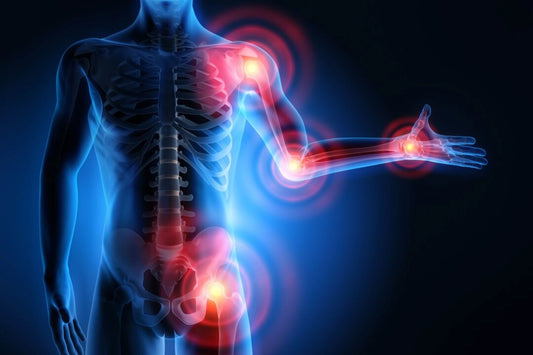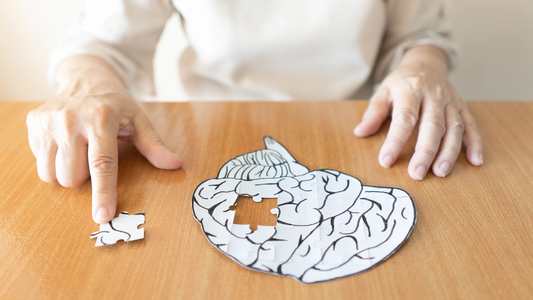Neurodegenerative disorders are rampant today, they are increasing, and they are not effectively treated by conventional medicine. The United States currently has approximately 14 million Americans with some type of dementia and about 6 million of those have Alzheimer’s. Alzheimer’s is currently the 6th leading killer of Americans, has no known preventative strategy, and conventional medicine can do virtually nothing but delay the inevitable decline for a few months with the five FDA-approved medications for dementia. In addition, Parkinson’s disease and multiple sclerosis are the two other leading neurodegenerative disorders affecting millions more Americans.
Our lab conducted some very exciting research among a sample of people with moderate to severe memory disorder. All subjects in the study had been diagnosed with the disorder for a minimum of one year and for an average of about 3 years, and we assessed their cognitive function at baseline and every 3 months for 12 months. Also, we drew their blood to assess immune system functioning and markers of inflammation. We wanted to assess the relationships between immune function and cognition over the course of the study. Each subject took 4 scoops per day of Daily Brain Care for the entire 12 months of the study.
What we discovered at the end of the study was nothing short of remarkable. Our team demonstrated in memory disorder patients perhaps for the first time: (1) significant and sustained improvements in cognitive function over a one-year period; (2) a significant improvement in overall immune function; (3) a significant improvement in inflammatory status, which may lead to reduced neuroinflammation; (4) a significant increase in the production of stem cells, which may lead to repair of affected neuronal areas; and (5) a correlation between clinical (cognitive) and physiological (immune) function (Lewis et al., 2013)! Our results were truly astounding, and to date they have not been exceeded by any nutritional or pharmaceutical product. Additionally, I want to be clear that the study demonstrates the power and capability of nutrition. We did NOT treat, cure, manage, or mitigate disease, but we showed the ability of the body to repair and regenerate itself when given the proper raw materials (i.e., nutrients) to do so. This is the power of nutrition and is part of a fundamental principle that says that supplying the body the nutrients it needs that are typically missing in the diet today will allow the body to heal itself. For more information about the research on polysaccharides in people with memory dysfunction, go here.
Reference
Lewis, J.E., McDaniel, H.R., Agronin, M., Loewenstein, D., Riveros, J., Mestre, R., Martinez, M., Colina, N., Abreu, D., Konefal, J., Woolger, J.M., & Ali, K.H. (2013). The effect of an aloe polymannose multinutrient complex on cognitive and immune functioning in Alzheimer’s disease. The Journal of Alzheimer’s Disease, 33, 393-406.




